April 14, 2025 | 14:23 GMT +7
April 14, 2025 | 14:23 GMT +7
Hotline: 0913.378.918
April 14, 2025 | 14:23 GMT +7
Hotline: 0913.378.918
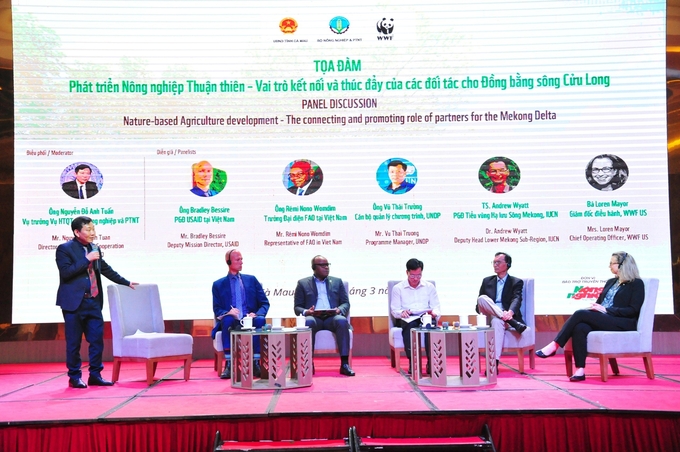
Panel Discussion "Nature-based agriculture development - The connection and promoting roles of partners for the Mekong Delta" within the framework of the Conference.
Approximately 300 delegates from various ministries and departments, 13 Mekong Delta provinces, domestic agencies, financial institutions, bilateral governments, international development partners, international and domestic corporations and private enterprises, and industry associations attended the conference.
Speaking at the Conference, Minister Le Minh Hoan affirmed: 'Nature-based' does not mean doing anything, but rather it is a process of adaptation and harmony between humans and nature in a controlled manner, following the natural rules to benefit humans and protect the ecosystem. He also emphasized the importance of NbS in improving the livelihoods of farmers and the resilience of agriculture, (reducing and adapting to climate change through the carbon absorption process of soil, wetlands, and forests, and simultaneously (conserving nature and biodiversity, maintaining the future of food systems. Agricultural producers must be ready to switch to production methods that regenerate and restore nature while enhancing an efficient and sustainable food system.
The Mekong Delta covers an area of about 40,000 square kilometres and has a history of approximately 7,000 years. This region has about 17 million people and plays an important role in Viet Nam's production and food security. The people of the Mekong Delta mainly focus on rice cultivation, aquaculture, fruit, and vegetables, supplying both domestic and international markets.
Not only important for agriculture, but the Mekong Delta is also a region rich in global biodiversity, home to 726 plant species, 188 fungi species, 82 mammal species, 350 bird species, 87 reptile species, 27 amphibian species, 414 fish species, 87 dragonfly species, including 238 invertebrate species and more than 100 vertebrate species that are threatened. Additionally, the mangrove forests in the Mekong Delta are particularly diverse, with more than 40 plant species.
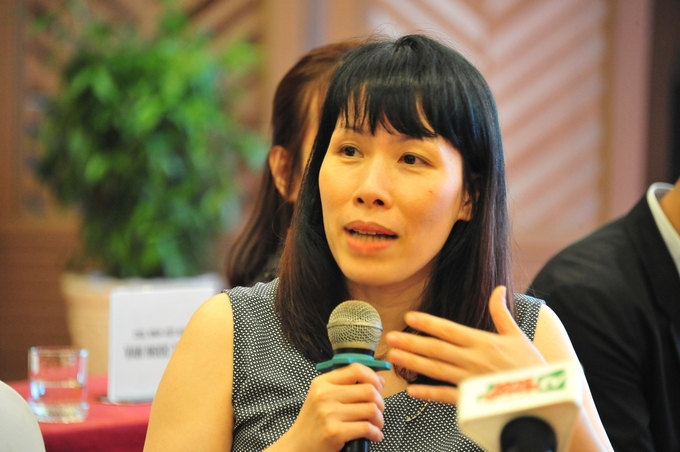
Mrs. Pham Thi Cam Nhung, Climate & Energy Lead at WWF-Viet Nam, spoke at the National Conference on “Mobilisation of resources to implement agricultural Nature-based Solutions (NbS) in the Mekong Delta”.
However, the Mekong Delta is facing many challenges: unsustainable development, impacts from upstream hydropower on the Mekong River, and climate change. In the past half-decade, nearly 98% of the natural environment of the delta has been converted into agricultural, aquaculture, and residential areas, leaving only about 2% of the area as natural wetland ecosystems.
Vietnamese government commits to maximising the effectiveness of the supporting resources from international partners, continuing to review and adjust institutions and policies regarding the attraction of official development assistance (ODA), foreign investment, and the regulations on the acceptance and use of non-refundable capital to harmonise procedures between the recipient and the supporter.
In the Conference, Mr. Christopher Howe, Mekong Delta Landscape Leader, WWF-Viet Nam, shared that: “Nature loss and climate change are inextricably linked, and failing to tackle one will accelerate the other. These twin crises have to be tackled simultaneously or not at all. Nature-based solutions harnessing the power of nature to boost natural ecosystems, biodiversity and human well-being to address major societal issues, including climate change, can be the answer to these two biggest risks facing humans”.
WWF has been piloting several NbS in the Mekong Delta region, such as rice-fish, rice-shrimp, rice-lotus, shrimp-mangrove, and shrimp-rice rotation models, ... which have yielded concrete economic results while still conserving biodiversity and the ecological environment. From the initial results achieved, WWF is ready to share with partners about this model, to expand the scale to protect the environment, conserve biodiversity and protect forest ecology, contribute to sustainable agriculture development, and ensure health for both humans and nature.
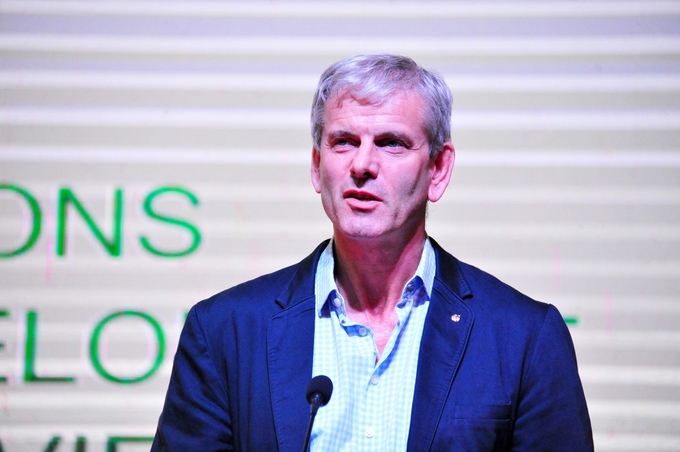
Mr. Christopher Howe, Mekong Delta Landscape Leader, WWF-Viet Nam.
In the Mekong Delta, WWF focuses on promoting natural agriculture based on flooding for sustainable food production.
In the upstream areas, in the headwater provinces of the delta, we support the transition to flood-based agricultural cultivation, reconnecting the river system and former flood fields. For example: gradually transitioning the three-crop rice cultivation area to rice/fish, rice/lotus, or other flood-based cultivation forms. The landscape approach, scaling up flood-based agriculture to thousands of hectares with the support of DFCD, GCF, DFAT, and other organizations, is a significant contribution to climate change adaptation and the sustainability of the delta.
In the coastal delta region, we encourage shrimp/rice or shrimp/mangrove models to maintain sustainable food production while enhancing mangrove restoration, sedimentation, and water quality. Additionally, we are also promoting sustainable fishing management initiatives and strengthening the management of marine protected areas.
Through the Conference, international partners such as the EU, the US, and Australia, international financial funds, corporations, and international and domestic enterprises commit resources to implement agricultural NbS; a network connecting international investors with localities and domestic businesses for the Mekong Delta region has been formed; NbS models that have been deployed domestically and internationally are shared and replicated. From there, economic, technical, financial, mechanism, and related policy solutions will be proposed to expand the agricultural NbS models to other regions of Viet Nam; international cooperation between Viet Nam and international partners in implementing agricultural NbS in the Mekong Sub-region will be strengthened.
Translated by Tuan Huy
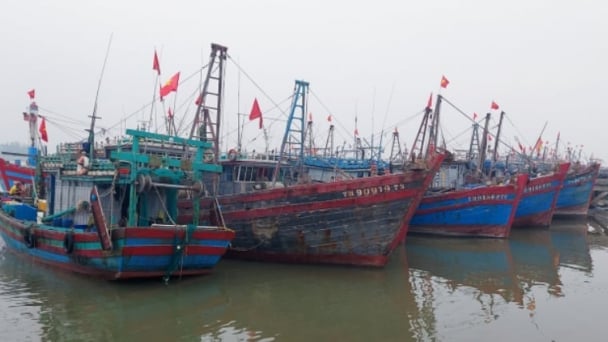
(VAN) The Deputy Minister of Agriculture and Environment underscored the necessity of addressing IUU fishing at the grassroots level and linking it to the accountability of local authorities.
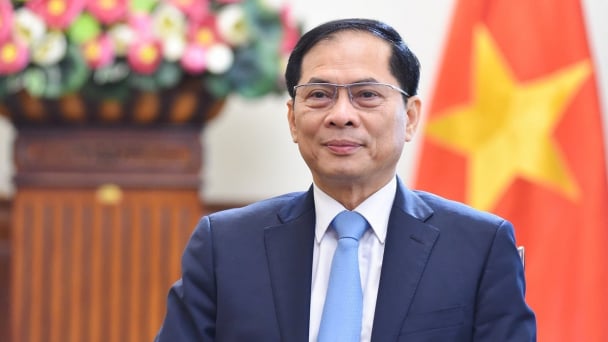
(VAN) According to Deputy Prime Minister Bui Thanh Son, through this P4G Summit, Vietnam aims to convey the message of transforming its growth model towards rapid and sustainable development.
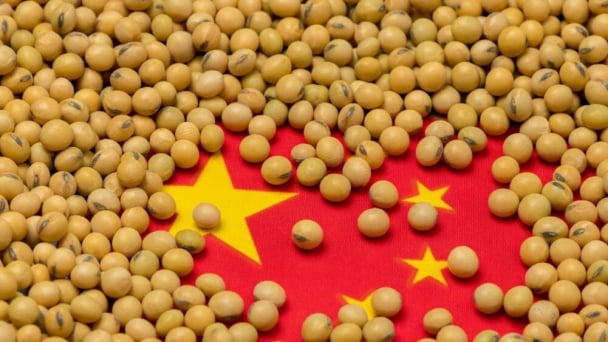
(VAN) Soybean production has been a priority for China to ensure food security, with increased soybean cultivation and yields highlighted in the annual No. 1 Central document.
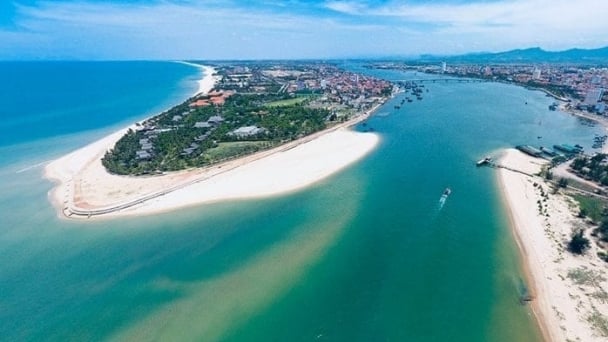
(VAN) Vietnam Sea and Islands Week 2025 is expected to take place in Quang Binh, featuring a series of meaningful activities aimed at protecting the ocean through green technology solutions.
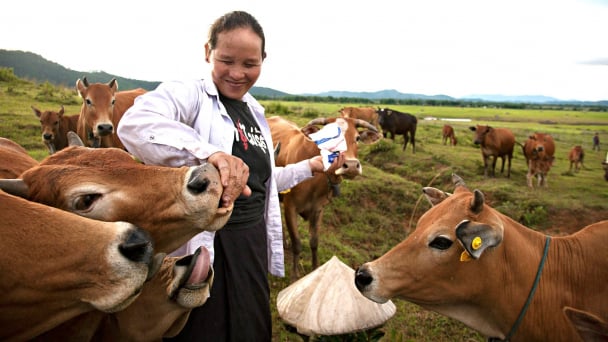
(VAN) The One Health approach is no longer merely an option, as increasingly complex challenges confront health and food systems.
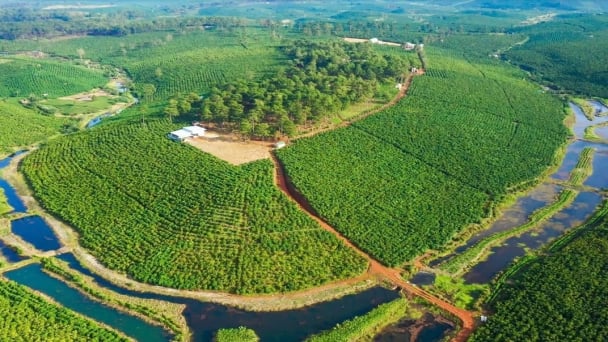
(VAN) The project promoting sustainable coffee production, with a focus on waste management and raising farmers’ awareness, has achieved many positive results after nearly two years of implementation.
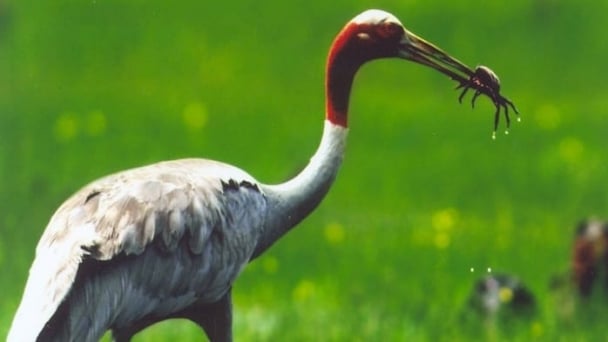
(VAN) Transferring and receiving 6 individuals of the red-crowned crane from Thailand to Vietnam marks a significant milestone in the conservation efforts for this species.